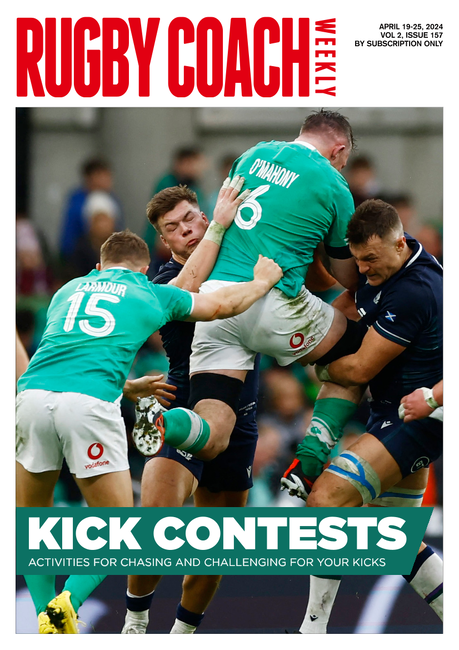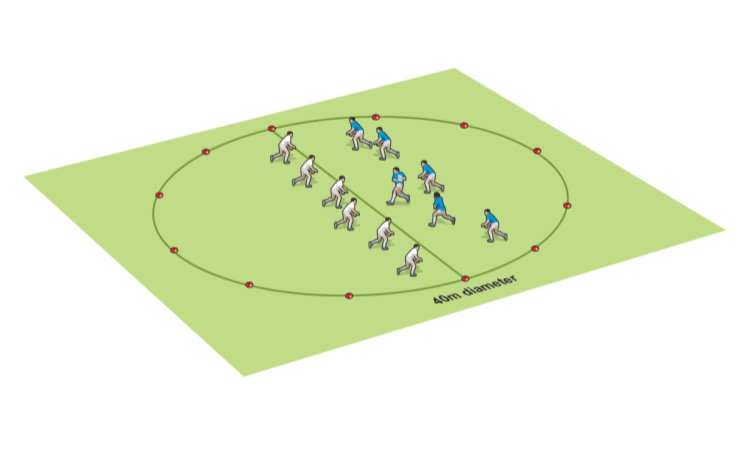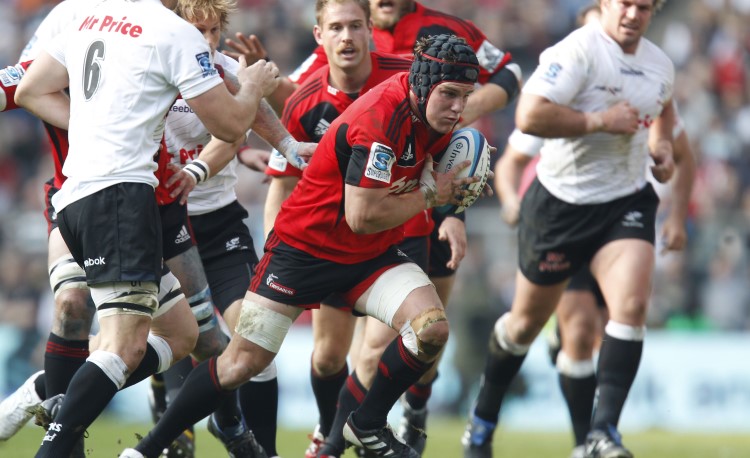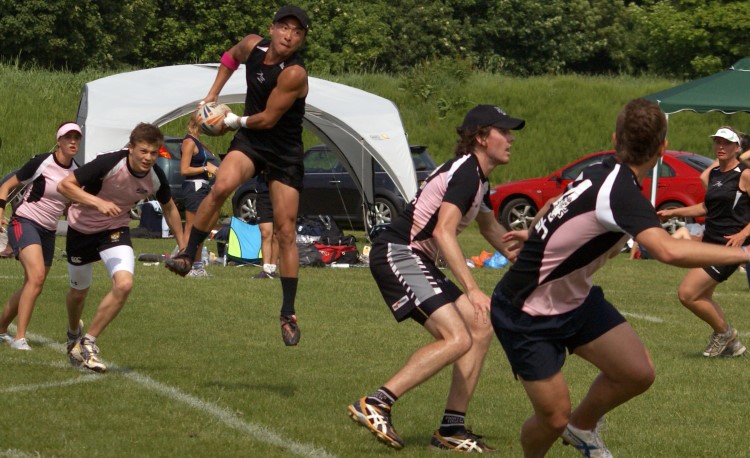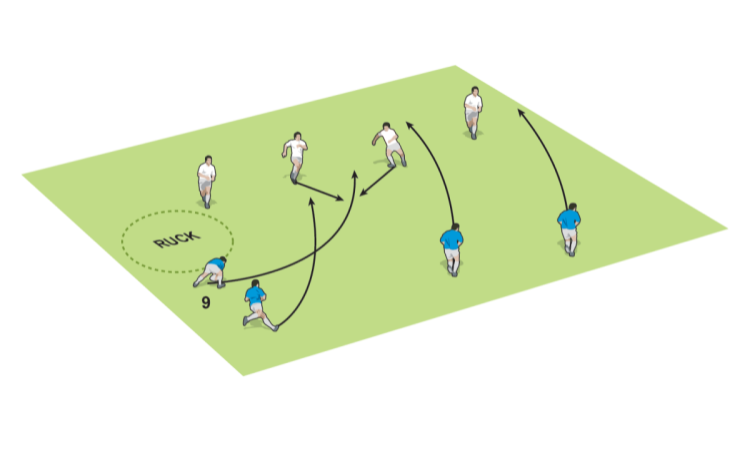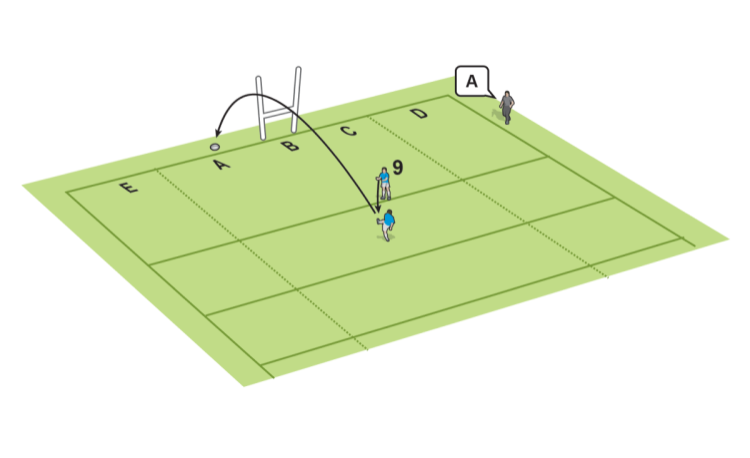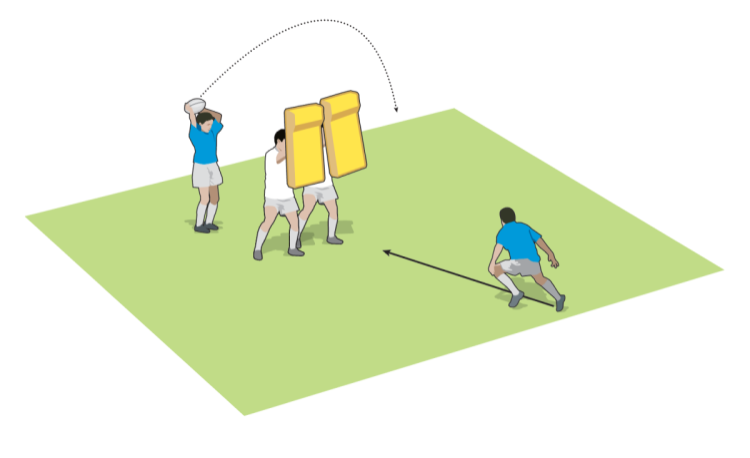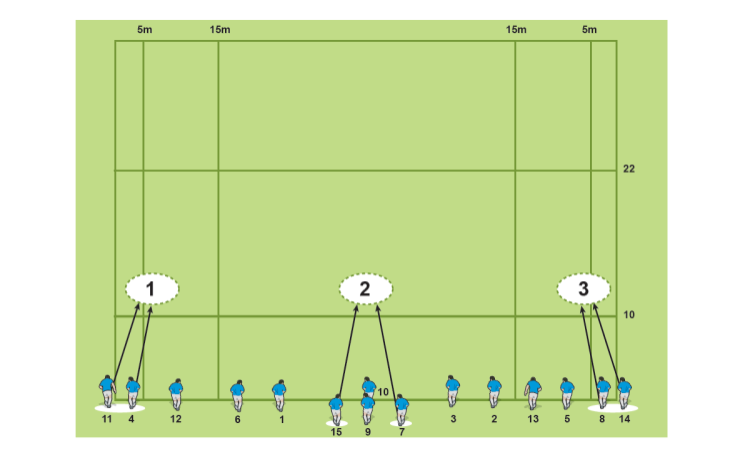You are viewing
1 of your 2 free articles
Chicken or egg? Games before skills or vice versa
Jack Pattinson, academy and DPP coach at London Irish, in the South of England, talks to me about how he plans his coaching and what principles drive his sessions.
I challenge him about the balance between skills training and game training, what the future player needs to know and how he measures success.
We discuss:
- The difference between coaching grassroots and academy rugby
- How he helps players love the game
- How do we measure success in our coaching
- Creating World Class young mean and what that means for a 15 year old
- What are the primary principles of the London Irish academy
- Should we be coaching players for what the game might look like in five years’ time
- Why a coach needs to more than a “catch-pass” teacher
- What a plan looks like, and how much it might change
- Free play – how to incorporate it into sessions so it adds value
- A destination for your coaching plan
- The chicken or the egg – do you coach the game and then see what skills are needed or vice versa
- How new rules changes can create a better game
Newsletter Sign Up
Coaches Testimonials

Gerald Kearney, Downtown Las Vegas Soccer Club

Paul Butler, Florida, USA

Rick Shields, Springboro, USA

Tony Green, Pierrefonds Titans, Quebec, Canada
Subscribe Today
Be a more effective, more successful rugby coach
In a recent survey 89% of subscribers said Rugby Coach Weekly makes them more confident, 91% said Rugby Coach Weekly makes them a more effective coach and 93% said Rugby Coach Weekly makes them more inspired.
Get Weekly Inspiration
All the latest techniques and approaches
Rugby Coach Weekly offers proven and easy to use rugby drills, coaching sessions, practice plans, small-sided games, warm-ups, training tips and advice.
We've been at the cutting edge of rugby coaching since we launched in 2005, creating resources for the grassroots youth coach, following best practice from around the world and insights from the professional game.
More from us
© 2023 Rugby Coach Weekly
Part of Green Star Media Ltd. Company number: 3008779
We use cookies so we can provide you with the best online experience. By continuing to browse this site you are agreeing to our use of cookies. Click on the banner to find out more.


